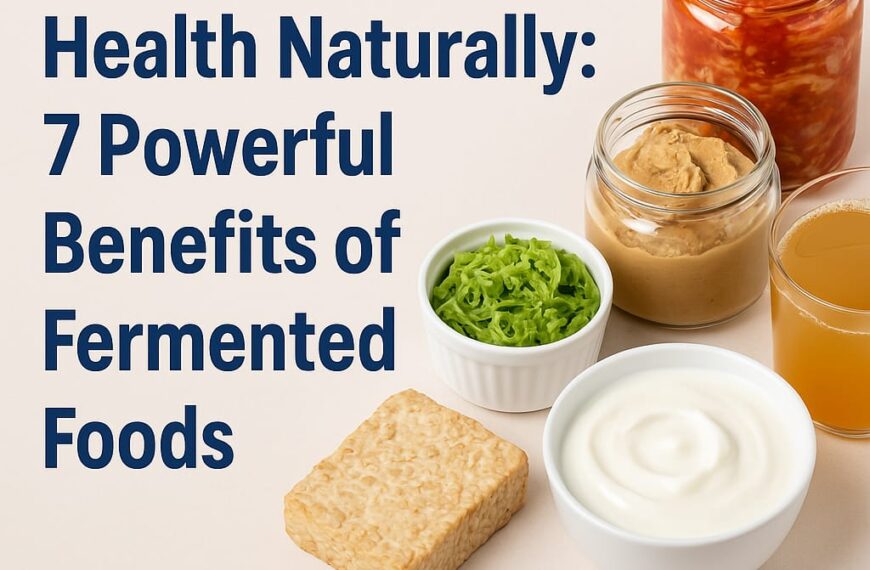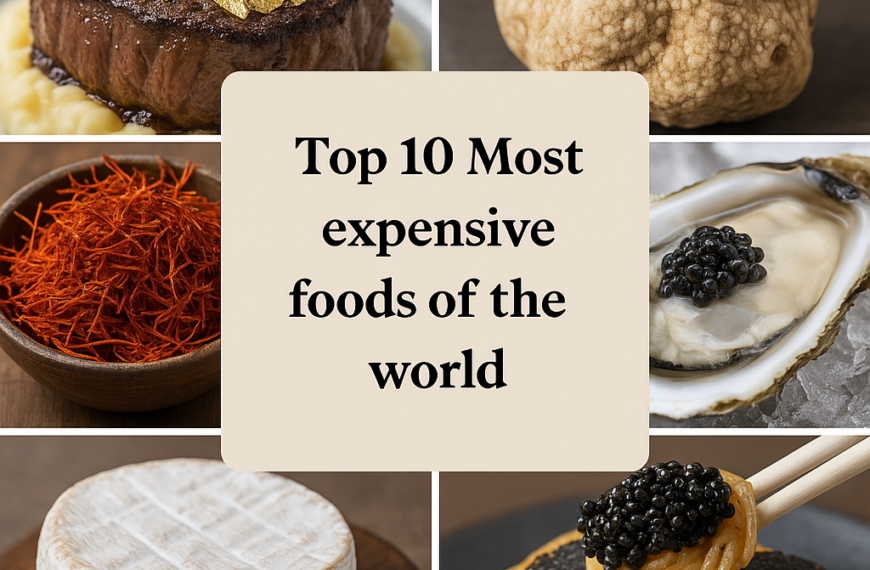In This Article
Introduction
A healthy lifestyle can only be built on good nutrition. Every element of our health and wellness depends upon proper nutrition because it shapes all bodily systems, including physical state, mental awareness, and daily energy levels. Numerous people unintentionally engage in behaviors that work against their health targets. The small appearance of these mistakes leads to substantial future health problems that go unaddressed.
The practice of missing meals and consuming processed food maintains instant comfort, although it results in gradual nutritional deficiencies, extreme tiredness, and other related health problems. Blindly accepting diet trends leads to bodily disruption because one lacks an understanding of their health effects. People frequently misinterpret nutritional labels, and they end up damaging their health by excessively eating food products that are labeled as nutritious.
Knowledge and proper planning enable people to prevent these errors from happening. The knowledge of these frequent errors and modest behavioral changes will help you build a maintainable food routine that promotes your general well-being. The following piece presents ten common nutrition errors along with proven methods to prevent them. The guidance provided here will help people who are new to health management as well as those who want to improve their health practices.
List of frequent nutrition mistakes and their respective avoidance methods
1. Skipping Breakfast

- Mistake: Numerous individuals miss their morning meal because they have short periods of time or believe breakfast contributes to weight reduction.
- Why It’s Harmful: Your body requires breakfast during its first eating period to activate metabolism, so skipping this meal becomes problematic. Not eating breakfast causes poor mental performance, declines in energy, and higher food consumption throughout the day. Repeated missing of breakfast creates blood sugar imbalance and eventually leads to weight problems. The absence of breakfast removes vital body nutrients, which creates daily energy deficiencies while simultaneously developing gaps in your daily nutritional intake.
- How to Avoid It: Avoid this issue by consuming breakfast each morning that combines proteins with whole grains and fruits. Fairly quick breakfast ideas include eating oatmeal with nuts and berries or blending spinach with banana and Greek yogurt to make a smooth, nutritious drink. The nighttime preparation of overnight oats and egg muffin batches helps users save time while offering them convenient meals for daily vitality.
2. Overeating ‘Healthy’ Foods
- Mistake: The nutritious combination of nuts, avocados, and granola may cause people to eat more than they anticipate because these foods contain high calorie counts.
- Why It’s Harmful: These nutritious foods become unhealthy when consumed in large amounts because excessive consumption creates a surplus of calories that contributes to eventual weight gain. A serving of granola and one tablespoon of peanut butter together hide a calorie count of ninety, while both carry hidden amounts of sugar and calories that do not match their healthy image. Your dietary goals face potential failure from eating too much of these foods regardless of your other food choices being healthy.
- How to Avoid It: Prevent the issue through sensible portion size control. The accurate measurement of servings can be achieved through using a kitchen scale and measuring cups. A daily recommended portion of nuts should measure about 1 ounce while half an avocado offers an appropriate size of consumption. Light foods should accompany calorie-rich healthy options to maintain meal balance as shown by an example of combining granola with yogurt and fresh fruit.
3. Not Drinking Enough Water
- Mistake: People fail to maintain proper water intake, which causes them to consume sweet beverages such as soda, juice, and energy drinks.
- Why It’s Harmful: The problem with dehydration includes fatigue, headaches, and poor digestion. The body may confuse thirst signals into hunger signals, leading people to consume more food than they need. When dehydration continues, it affects your skin appearance as well as your kidney health and body energy until you become less ready to work and stay focused in daily tasks.
- How to Avoid It: The prevention of dehydration starts with daily water consumption which should reach at least 8 glasses (around 2 liters) throughout the day. You should keep a reusable water bottle with you while setting phone alerts to reminder yourself of drinking throughout the day. Add flavor to your water by soaking it with sliced lemons or cucumbers or mint leaves as a way to enjoy drinking water without consuming sugar. Tracking your water intake through smartphone apps serves as a helpful tool while you can add hour-based targets to your water bottle to maintain proper hydration.
4. Ignoring Protein Intake
- Mistake: Eating a protein-deficient diet is a harmful mistake because carbohydrates and fats take precedence over protein consumption.
- Why It’s Harmful: The absence of protein harms human health due to its vital role in repairing muscles, sustaining the immune system, and preventing hunger. People who lack enough protein will experience muscle deterioration alongside fatigue and struggle with weight management. A protein diet that falls short will make your body take longer to restore after you work out which results in prolonged muscular soreness.
- How to Avoid It: Incorporate high-quality protein sources into your diet, such as eggs, chicken, lentils, tofu, or Greek yogurt. Insufficient protein intake for vegetarians and vegans can be avoided by choosing proteins in quinoa and chickpeas or edamame. Each eating period and nutritional snack should feature a protein component. Salads become more filling when you mix in nuts while soups should contain beans and hard-boiled eggs make a nutritious snack.
5. Falling for Fad Diets
- Mistake: Many people make a mistake by following extreme diet trends which includes juice cleanses and keto diets without sufficient supporting evidence.
- Why It’s Harmful: Fad diets cause harm because they remove important food categories which produces nutritional deficiencies and patterns that are impossible to maintain. The diets harm metabolic processes and lead to weight loss plates coming back post-diet completion. These eating routines tend to damage food relationships by producing eating-related guilt together with eating-related stress.
- How to Avoid It: Focus on building an eating pattern which incorporates all food groups in order to avoid it. You need to speak with a registered dietitian before starting drastic changes in your diet and steady progress at small rates provides better health results along with long-term sustainability. Evergreen foods should be your dietary priority instead of fad diets so you can adopt healthy lifestyle methods such as intentional eating practices and consistent exercise activities.
6. Overdoing Processed Foods
- Mistake: People make the mistake of eating excessive amounts of high-sodium packaged snacks as well as frozen meals and convenience foods that contain sugar and unhealthy fats.
- Why It’s Harmful: Processed foods consumption as a regular habit makes people vulnerable to obesity while causing high blood pressure as well as heart disease. Process food products do not contain important nutrients but contain many useless calories. Long-term use of processed foods will displace important food sources that provide essential vitamins and minerals from your diet.
- How to Avoid It: To prevent this problem eat natural foods which include fresh vegetables and lean proteins and whole grains besides fresh fruits. Preparation of meals on weekends provides a solution to prevent you from using processed foods during your busy weekday schedule. Reading nutrition labels should become a habit while you select packaged products since you should purchase items that contain basic ingredients and do not utilize artificial components or contain added sugars.
7. Not Eating Enough Vegetables
- Mistake: Most people cause damage to their health by avoiding vegetables completely or by restricting their vegetable intake to just potatoes and carrots.
- Why It’s Harmful: Base Activity Is Detrimental Because Vegetables Contain Vital Vitamins Along With Minerals Together With Fiber Used For Excellent Health Functions. The absence of dietary diversity creates spaces in which certain nutrients are missing from your weekly food ingestion. The consumption of inadequate vegetables increases a person’s susceptibility to heart diseases and particular forms of cancer.
- How to Avoid It: To prevent this problem eat vegetables to the extent that they should cover half your plate with dinner. People should try novel vegetable dishes such as roasted Brussels sprouts or zucchini noodles and spinach smoothies because these preparations enhance the appeal and choices of vegetable foods. You should choose different vegetables with various colors because this approach helps you get many nutrients from your diet.
8. Misunderstanding Food Labels
- Mistake: People commonly assume that low-fat and sugar-free descriptions indicate healthy nutritional products.
- Why It’s Harmful: These labels are misleading, giving consumers incorrect information. Manufacturers add various problematic ingredients and increase sodium when eliminating fat or sugar in their products. Ongoing selection of these options produces unwanted consumption of unfit additives.
- How to Avoid It: Current risk mitigation requires people to review complete ingredient sections alongside nutritional panels which appear on packaged foods. You should select food items which contain simple ingredients but prevent eating products containing much added sugar or unhealthy fats. Learning about deceptive labeling terminology helps consumers select whole natural foods before selecting anything on the market.
9. Eating Too Quickly
- Mistake: Hurry and multimodal activities during eating lead people to ignore the portions they consume.
- Why It’s Harmful: Physiological signals needed to ascertain fullness may not operate correctly when you eat too hastily thus leading to excessive food consumption alongside discomfort. The practice of poor food chewing eventually leads to obesity because insufficient chewing reduces your stomach’s ability to break food into smaller digestible pieces.
- How to Avoid It: Mindful eating practice includes slow chewing followed by brief utensil pauses and intentional savouring of mouthfuls to avoid the issue. Pay attention to your food during meals by avoiding electronics and television since doing so will help you stay present. A minimum 20-minute meal duration lets your body sense satisfaction thus reducing the risk of excessive eating.
10. Neglecting Meal Planning
- Mistake: The process of making meals without advanced planning leads to impromptu decisions that usually select unhealthy dining choices.
- Why It’s Harmful: Lack of planning generates higher possibility that users will choose fast food or processed snacks that damages their health goals and makes meals more expensive. Careless planning creates scenarios where people miss meals while developing nutritional problems alongside excessive mealtime pressure.
- How to Avoid It: Avoid this issue by spending weekly time to create your food schedule. A grocery list matching your planned meals should be created before you start preparing multiple meals in advance so you have ready food throughout the week. The preparation of balanced homemade meals becomes feasible through proper planning before your cooking session. You can achieve smoother meal planning through applications or design templates which maintain your eating schedule diverse and satisfying.
Conclusion
Healthy eating does not need to be flawless since it involves repeating conscious decisions that benefit your wellness targets. Following an action plan to address frequent nutrition problems will enable you to establish health-enhancing routines that reduce potential relapses. Begin with single changes by concentrating on problems such as vegetable consumption or fluid consumption and meal preparation. These modifications made today will establish future wellness by maintaining a balanced lifestyle. Better nutrition requires consistent dedication since the path to lasting health success follows a marathon timeline which you advance by every movement you make.















